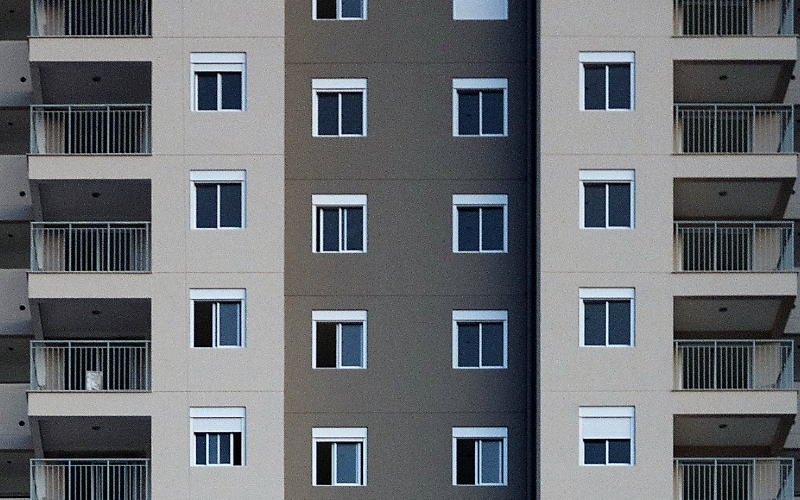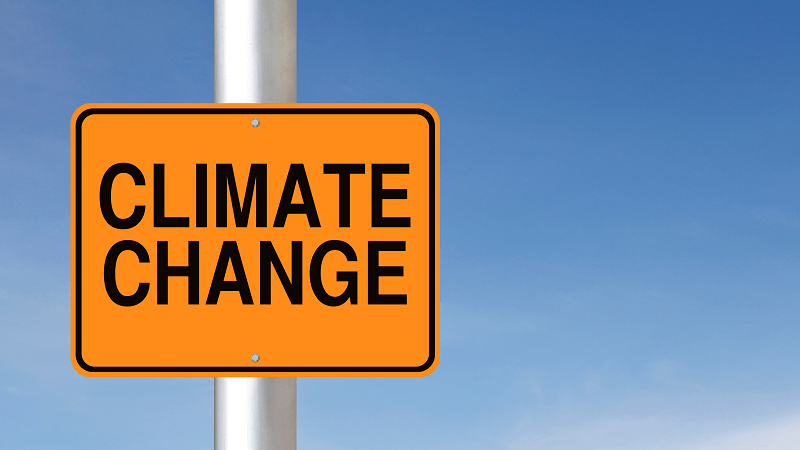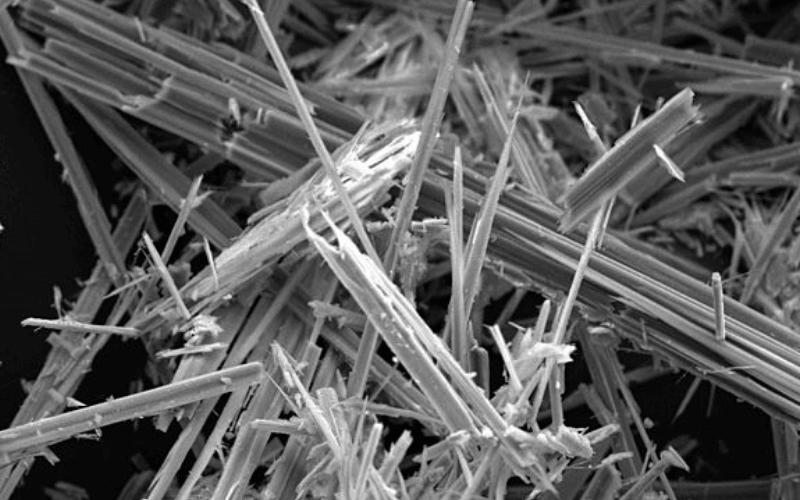Covid-19: repairs and maintenance - Q&A briefing
Article originally published 21 May 2020, last updated on 6 November 2020

Q. Can repairs and maintenance continue under the Government’s new restrictions that started on 5 November?
A. Yes, the Government has confirmed that home repairs and maintenance can continue.
Q. Can building safety remediation work continue under these new restrictions?
A. Yes, the Government has confirmed that ‘It is essential that building safety remediation work continues, too. MHCLG has written to local authority leaders emphasising that vital building safety work should continue.’
Q. How should repairs and maintenance be carried out safely during the new Covid-19 restrictions?
A. The Government has published guidance on working safely in other people’s homes during the Covid-19 pandemic. It has also with the industry to produce a clear and simple Charter on safe working. Updated Site Operating Procedures have been published by the Construction Leadership Council and must be followed. There is also FMB guidance on carrying out building work during Covid-19.
Q. What should landlords do about repairs and maintenance when Covid-19 restrictions are eased?
A. MHCLG has published advice confirming that landlords’ repair obligations have not changed. Tenants have a right to a decent, warm and safe place to live – and it is in the best interests of both tenants and landlords to ensure that properties are kept in good repair and free from hazards. There is no reason to allow dangerous conditions to persist.
Following the Government’s letter to social housing tenants on 18 May 2020, landlords should be able to carry out routine as well as essential repairs for most households. While there will be a backlog of repairs that they will need to address, it may take longer than normal to carry out more non-essential work. Operatives entering a home should notify tenants in advance of arrival, maintain a safe distance and follow hygiene procedures, as set out in published guidance on visiting properties to make repairs in people’s homes, for example by tradespeople carrying out repairs and maintenance.
The MHCLG’s previous advice clarified what could be viewed as urgent health and safety issues, explaining that this could include (but is not limited to):
- If there is a problem with the fabric of the building, for example the roof is leaking
- If your boiler is broken, leaving your tenant without heating or hot water − If there is a plumbing issue, meaning your tenant does not have washing or toilet facilities
- If the white goods such as fridge or washing machine have broken, meaning the tenant is unable to wash clothes or store food safely
- If there is a security-critical problem, such as a broken window or external door
- If equipment a disabled person relies on requires installation or repair.
No work should be carried out in any household which is isolating or where an individual is being shielded, unless it is to remedy a direct risk. In such a case, prior arrangements should be made to avoid any face to face contact, for example when answering the door. The operative should be up to date with the latest guidance on how to work safely.
Since Government guidance and restrictions are being updated daily, landlords should keep their repairs and maintenance policies and procedures under review and risk assess them.
Q. What additional guidance has the Government published for working in people’s homes and for the construction industry?
A. On 11 May 2020, the Government published detailed guidance on ‘Working safely during coronavirus (COVID-19)’ for those working in ‘other people's homes’ and for those working in ‘Construction and other outdoor work: Guidance for people who work in or run outdoor working environments’. While this guidance does not fundamentally change previous advice about safe working, it is more detailed and Landlords, their workforce and their repairs and maintenance contractors should ensure working practices take it into account. This guidance will help landlords review any planned maintenance work they had put on hold during Covid-19 restrictions.
Q. What should landlords do about planned maintenance and work in void properties?
The MCHLG letter explains that landlords should resume external planned maintenance works and services. However, internal planned maintenance should only take place in homes where residents are not shielding or self-isolating. Landlords are also able to carry out maintenance and repairs in empty properties, so that they can be re-let to new tenants. The operatives will be responsible for ensuring that this work is done safely.
Q. What about landlords’ legal obligations to provide regular gas and electrical safety inspections? Will they be prosecuted if they cannot get access?
The MCHLG letter explains that Landlords should make every effort to abide by statutory safety obligations, such as annual gas safety inspections, particularly as people are spending most of their time at home. The Regulator of Social Housing (RSH) previously published additional guidance on 8 April 2020 about gas safety for social landlords referring to advice for landlords published by HSE. RSH has also explained that it would survey providers to understand how they are coping with the impact of coronavirus on specific operational risks. This survey will be hosted on its data collection portal NROSH+ and will ask providers to answer a single multiple-choice question on each of 5 key areas:
- Emergency repairs
- Statutory gas safety checks
- Statutory fire safety checks
- Asbestos, electrical, legionella and lift checks
- Care and support staffing levels.
For each area it will also ask them to identify any key constraints, risks and mitigating actions and the scale of any backlog.
Landlords should make every effort to abide by the gas safety regulations. There are provisions in the regulations to account for situations in which a landlord cannot do this. They must demonstrate they have taken all reasonable steps to comply with the law, such as keeping copies of all communications they have had with their tenants. The Government is encouraging local authorities and other enforcement agencies to take a pragmatic, common-sense approach to enforcement in these unprecedented times. HSE has published guidance for Gas Safe engineers and inspectors in relation to the current Covid-19 restrictions. Landlords may also want to document other evidence they have that the installation, appliance or flue is in a good condition while they attempt to arrange works.
Q. How should emergency and response repairs be handled?
A. Any emergency or response repairs requests should be risk assessed to determine the appropriate response in terms of the resident’s and operatives’ health and safety. For those repairs essential to ensure resident’s health and safety, such as a boiler not working or water leaks, there is a responsibility on the landlord to ensure they are carried out unless there is an unacceptable health and safety risk.
Landlords should develop a policy, based on risk assessments, for how they will deal with each emergency and response repair. This should include the criteria against which repairs can be assessed and also the risks to both residents and operatives. This policy should be kept under review as Government guidance and regulations change.
One gas servicing contractor has advised its clients that, in response to Covid-19, its service desk will ask if there is anyone in the property who is self-isolating before attending. Where anyone in the property is self-isolating, the appointment might be rescheduled. Its engineers have been provided with a means of washing their hands between each visit and they are monitoring their health daily.
Q. What approach should be taken in dealing with emergency and response repairs for residents in self-isolation?
A. A risk assessment should be carried out taking account of the landlord’s policy and the criteria for assessing repairs (see above). This should also include an assessment of what work is required and whether it can be carried out without contact with residents. For example, can the residents be moved from the room in which the repair is required and should the surfaces be cleaned before the operatives enter?
Q. How should contractors and operatives approach repairs?
A. A risk assessment should be carried out to determine what PPE operatives should use and hygiene procedures, such as hand-washing, they should follow. This should be based on Government guidance, taking account of whether any of the residents has the virus. Identify any operatives who are in high-risk groups 2 and 3 because they should not come into contact with residents. In addition, any operatives who have travelled abroad or use public transport or with children, could pose a risk of transferring infection to residents.
Q. What procedures should response repairs contractors and teams have in place?
A. Contractors or in-house operatives should have written procedures as to how to follow Government guidelines about passing on or avoiding infection. They should have training so that they understand these procedures and should be provided with the required PPE.
Q. What should landlords with extra care and care homes do?
A. In addition to the approaches explained above, landlords, contractors and operatives need to carry out risk assessments for the specific situation of any emergency or response repair. For example, where a resident is self-isolated in the room where the repair needs to be carried out, then the resident could be moved to another room and their room deep-cleaned by the care home staff before the operatives enter. Where residents do not have the virus, operatives need to follow the procedures to avoid passing any infection on to these residents, most of whom will be in Groups 2 or 3.
Q. What should landlords do about carrying out thorough examination and testing of lifting and pressure equipment?
A. HSE has published guidance on carrying out thorough examination and testing of lifting and pressure equipment under the Lifting Operations and Lifting Equipment Regulations (LOLER) and Pressure Systems Safety Regulations (PSSR) during the coronavirus outbreak. It recognises the challenges faced by industry in meeting the requirements to complete statutory thorough examination and testing (TE&T) of plant and equipment.
While the statutory obligations remain in place, there may be some circumstances that will lead to equipment falling outside its time limits for TE&T, and therefore dutyholders being unable to comply with the law and having to take the equipment out of service if unable to operate it safely. HSE’s guidance is intended to ensure that work plant and equipment remain safe to use and provides a framework for decision making if TE&T requirements cannot be met. It is intended primarily to help dutyholders and the inspection bodies maintain the overarching scheme of thorough examination and testing, and sets out a risk-based approach to be applied when all attempts to ensure TE&T have been exhausted.
Q. What have the Regulators advised about repairs and maintenance?
A. The Regulator of Social Housing (RSH) has paused its programme of In-Depth Assessments of registered providers. RSH expects all registered providers to prepare for the potential impact of Coronavirus (COVID-19) on residents, staff, contractors and suppliers. In doing so, ensure that you are following the latest advice and guidance from the Government and Public Health England available at gov.uk/coronavirus.
The Care Quality Commission (CQC) announced that it will be stopping routine inspections from Monday 16 March.
With regard to compliance and gas safety, landlords should document their policy is in relation to gas safety checks in response to Covid-19, particularly if the annual safety checks are due before the Autumn. They should keep full records of their attempts to gain access to demonstrate an audit trail to the regulator.
Q. How can I keep up to date?
A. UK government has published advice on dealing with Coronavirus (COVID-19) for employers, health care professionals and other organisations, as well as advice on how to reduce the risk of infection. In view of the fast-changing situation, the government is making daily announcements and landlords should check the government’s current advice regularly. To ensure you get the latest briefings you should sign up for Government Coronavirus alerts.
To keep up with RSH statements on coronavirus (COVID-19), landlords should sign up to the Government's Rented housing sector update service (if they have not already done so).
Q. Where to find more information and industry responses?
A. Knights plc has published advice for Registered Providers on Repairs, maintenance and gas servicing on some of the issue they need to consider. For further information contact: Head of Housing Management, Melanie Dirom (e: mailto:Melanie.dirom@knightsplc.com T: 07929 756583)
Anthony Collins solicitors has produced a client briefing that includes advice on delivering essential repairs, where very little can be done to avoid face to face contact with the tenant and/or members of the household. In such situations an employer needs to consider the health and safety of its employees and/or contractors. They have also published some Ebriefings on their Newsroom Page.
Housing Technology has set up an open-to-all blogging service so that anyone involved in technology in the sector can share their tips, best practices, ideas and recommendations for using technology to mitigate the effects of the Covid-19 outbreak on staff and tenants. This blog is specific to housing IT and is not a forum for publishing ‘generic’ information or advice relating to the coronavirus nor for promoting/selling IT products or services.


